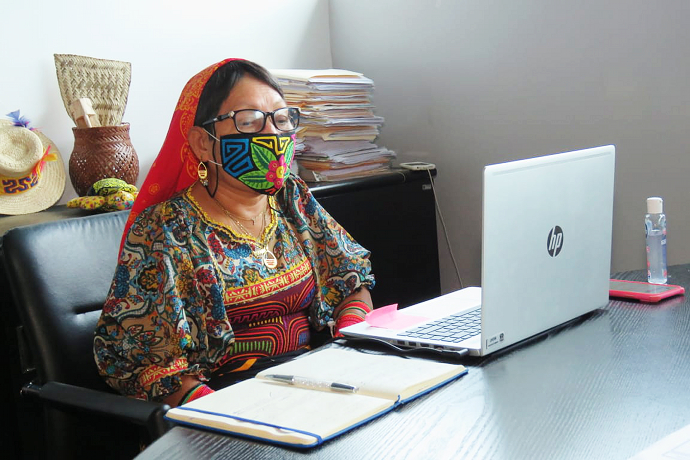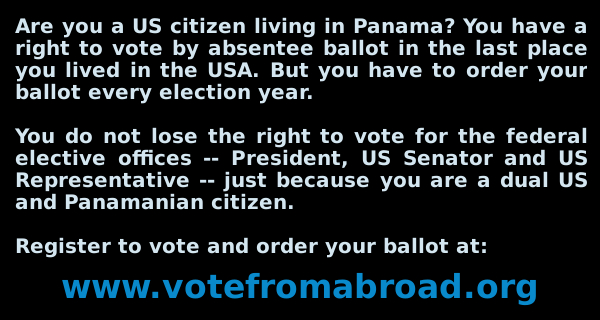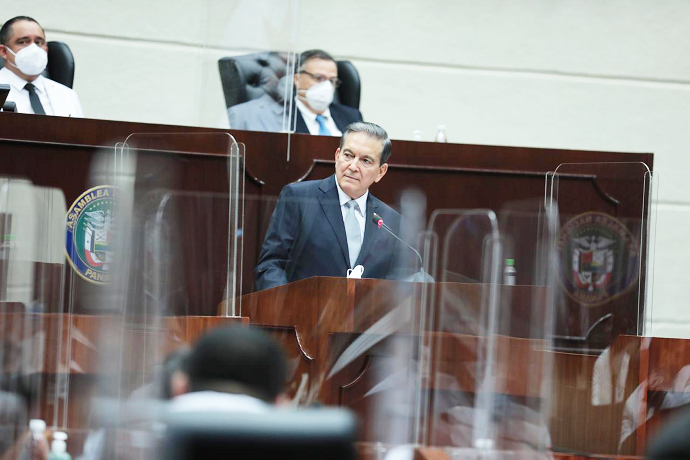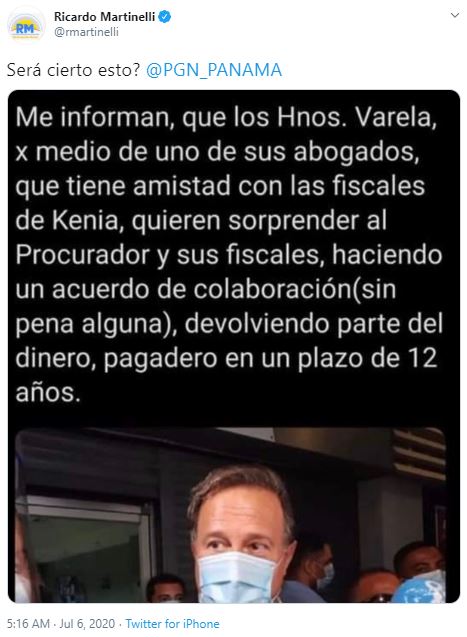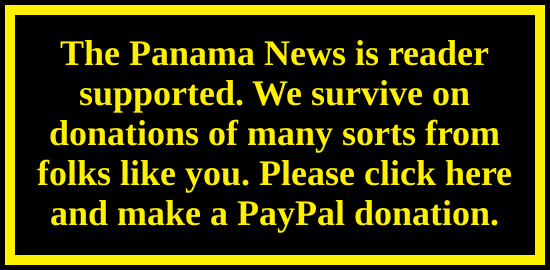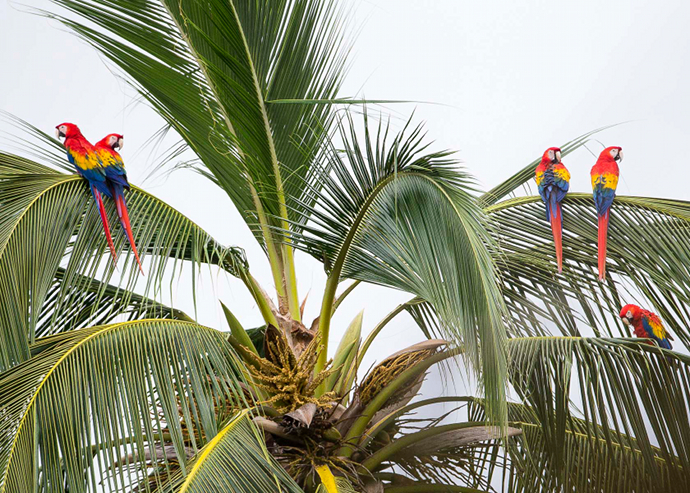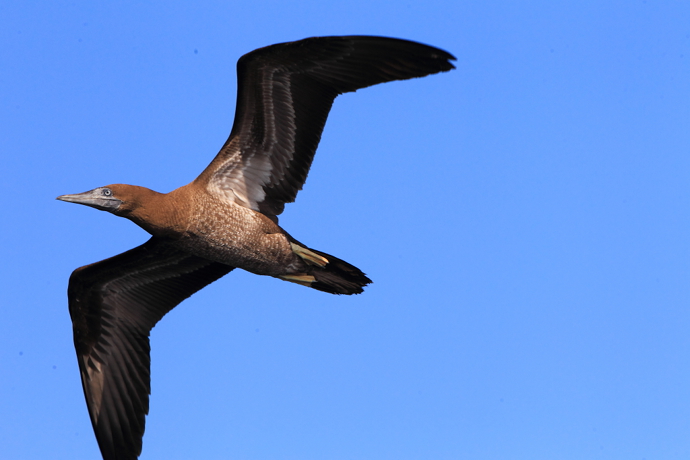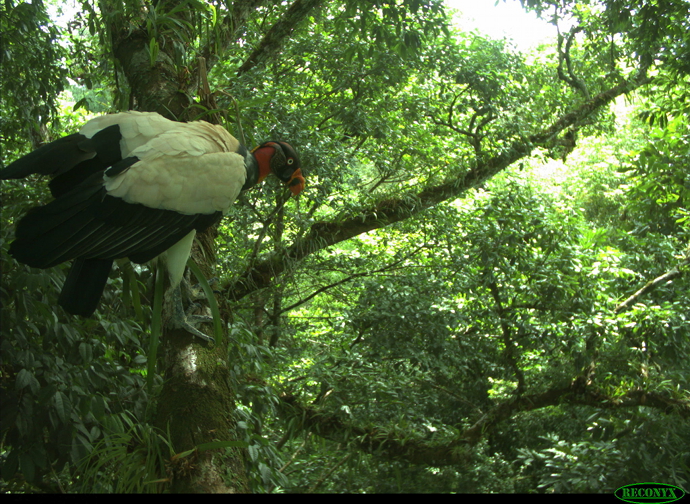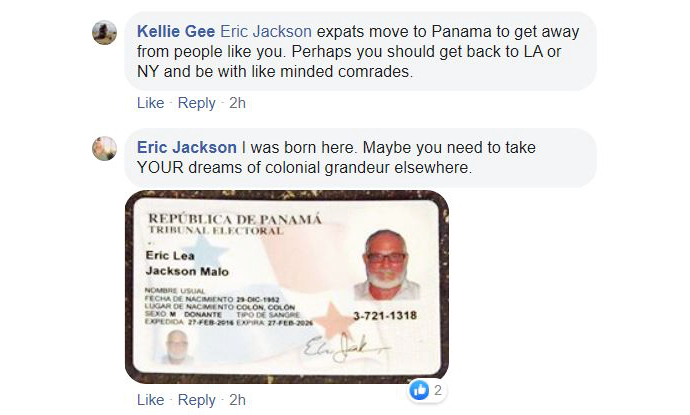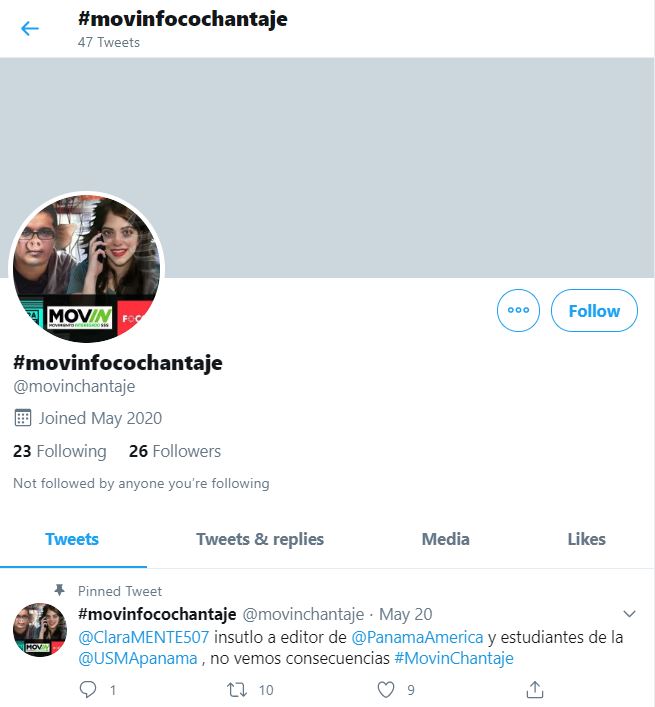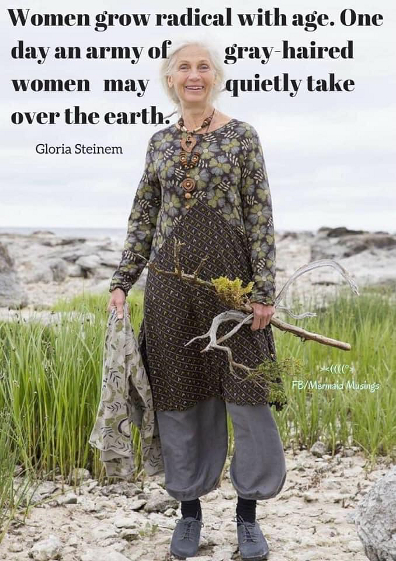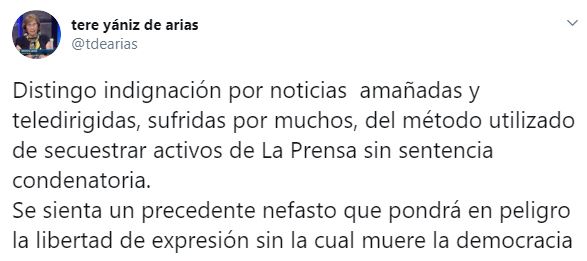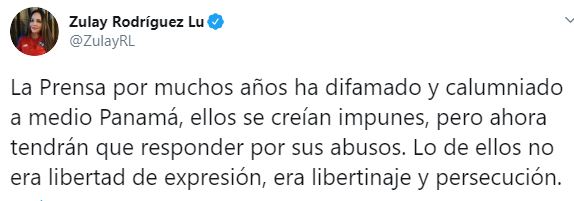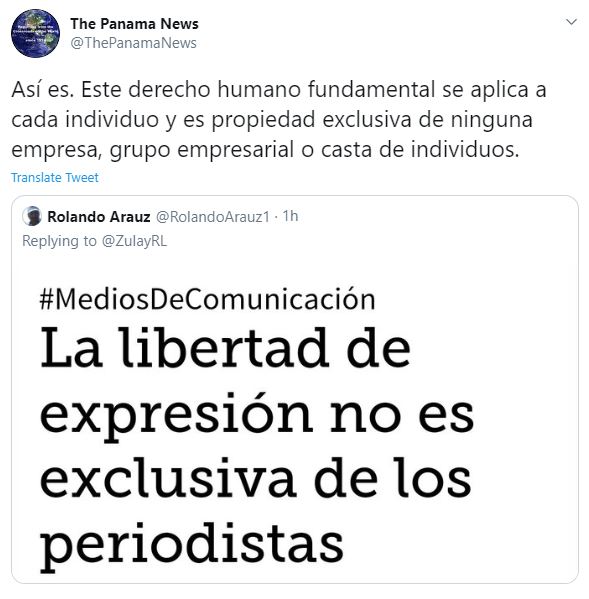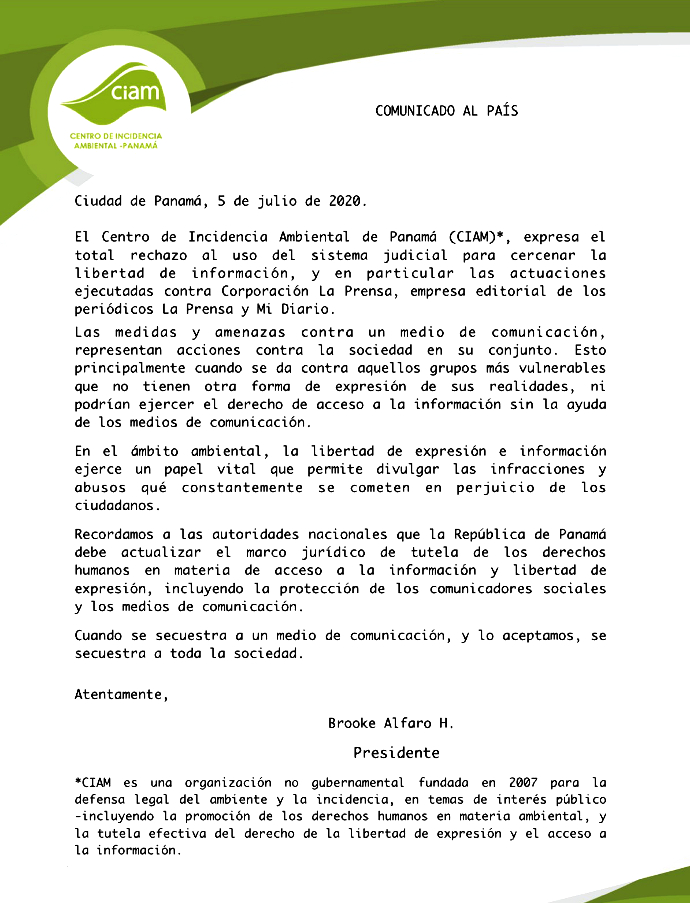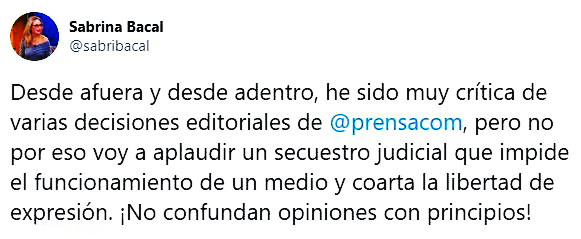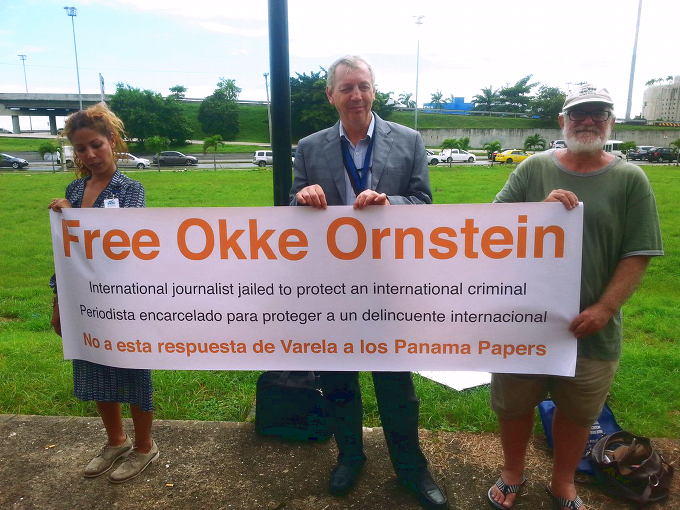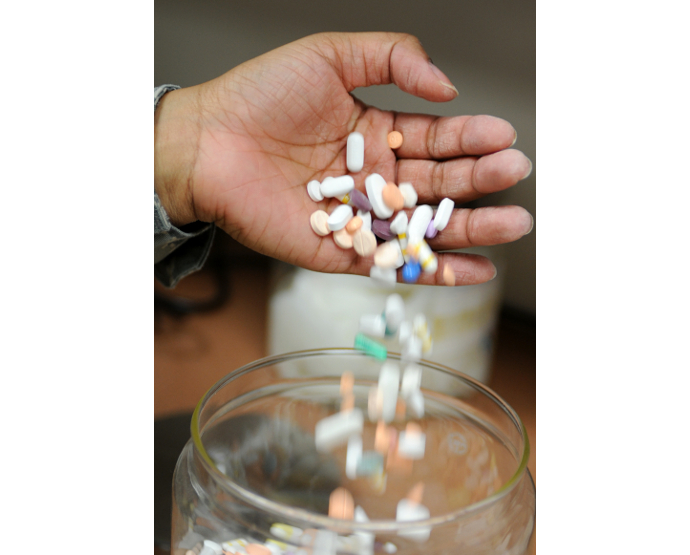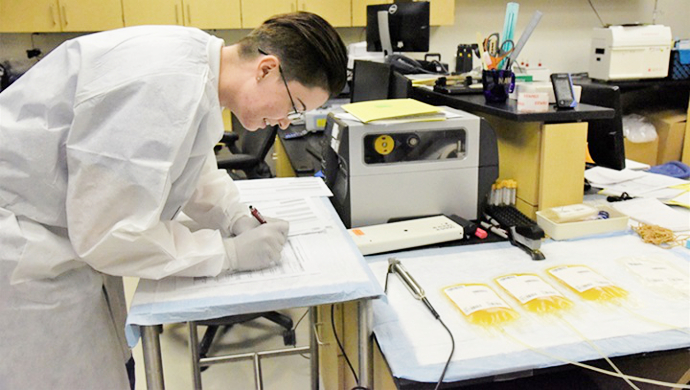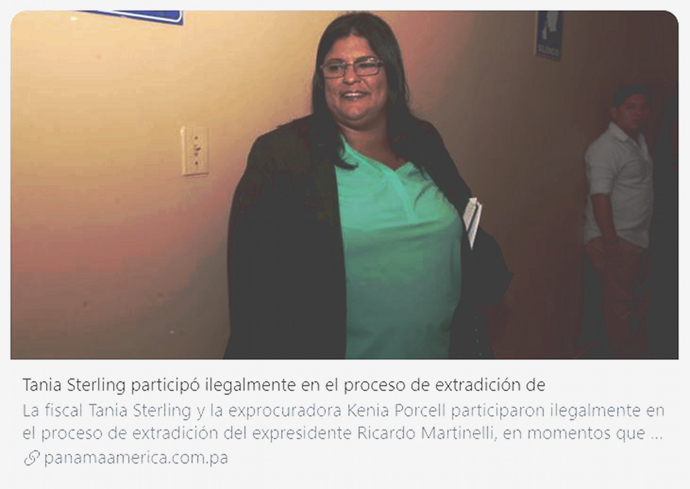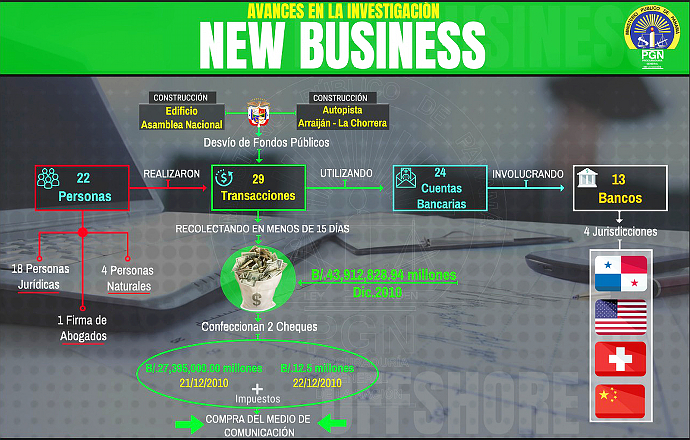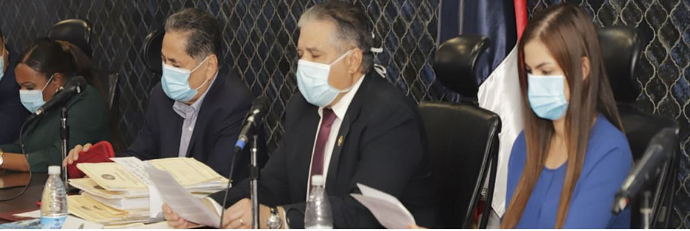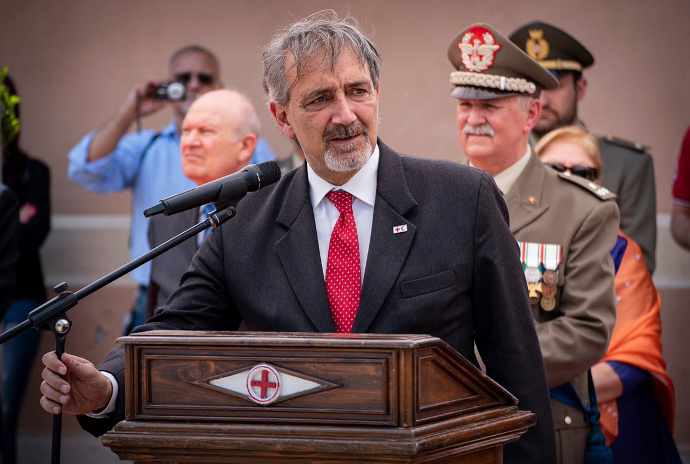Foto por la Presidencia.
Un decepcionante informe a la nación
por el Movimiento Democrático Popular
Tal como señaló el presidente, Panamá atraviesa por “la más profunda crisis sanitaria, social y económica que ha vivido en su historia”. A esto habría que añadir que dicha crisis también es ambiental, política e institucional, y que se relaciona directamente con el modelo de país implantado después de la invasión de los Estados Unidos en 1989. Justamente por ello existía una gran expectativa en torno al informe que por mandato constitucional debía rendir el señor Cortizo este 1 de julio, pero ha sido grande la decepción ante un informe que no se distingue del acostumbrado listado de promesas, falsedades y ocultamientos a que se nos tiene acostumbrados.
En su informe de gestión de los ocho primeros meses, el presidente afirma que modificó la Ley de Contrataciones Públicas, “reduciendo la discrecionalidad de los funcionarios”, pero calla que esta ley sigue posibilitando que continúen licitando en el país las empresas salpicadas por escándalos de corrupción –como Odebrecht– y que han contribuido a vaciar las arcas del Estado en beneficio de políticos hasta hoy impunes. Eso sí, nos informa con mucho orgullo que hizo aprobar la Ley de Asociación Público-Privada, mediante la cual se entregarán recursos estratégicos del país a la voracidad de la empresa privada, en especial al capital financiero multinacional, continuando así con la fórmula de los cuatro últimos gobiernos: ausencia de un plan de desarrollo nacional, favorecer a los donantes de campaña y poner el gobierno a disposición de clanes económicos que a punta de contratos amañados, evasión fiscal, sobrecostos y coimas, se quedan con las riquezas del país.
También se nos informa que se aprobó la Ley de primer empleo, “Aprender Haciendo”, pero omite que la tasa de desempleo pasó de 6% en 2018 a 7.1% en 2019, lo que representó un aumento de 27,773 personas desocupadas. Además, la tasa de informalidad pasó del 43.6% al 44.9%, un porcentaje que representa a 716,113 personas. Por supuesto, tampoco mencionó que, a pesar de su ley de primer empleo, la tasa de desempleo juvenil pasó de 16% a 18.1%, y que el desempleo femenino subió de 7.6% a 8.8%. Lo anterior es un reflejo de nuestra deriva al no tener un Estado que propicie y defienda el empleo digno y los derechos laborales frente a los abusos de los empresarios, organizados en la Cámara de Comercio y en el Consejo Nacional de la Empresa Privada.
Se informó que el tope de las viviendas beneficiadas por los intereses preferenciales aumenta de $120.000 a $180.000, otorgando una ayuda adicional de 80 millones para la construcción de vivienda. Sin embargo, se omite que el PIB de dicho sector es de 11.983.1 millones, y que en la situación actual será muy difícil que los bancos estén dispuestos a ampliar su cartera hipotecaria. Si a ello añadimos que la mediana de salario en Panamá es de $721.00, y que el 50% de los asalariados gana menos que eso, la esperanza de una vivienda digna es inalcanzable para la mayoría de los panameños.
El presidente continuó afirmando que no nombró amigos ni copartidarios en la Corte Suprema de Justicia (CSJ); sin embargo, se mantiene la conducta de la institución, nada transparente y generadora de sospechas ciudadanas. En contraste, sí cambió la dirigencia investigativa de varios casos de alto perfil, cuyos fiscales fueron rotados a otros puestos por el procurador Ulloa, nombrado en este Gobierno. Igualmente olvidó las jugosas dietas ya pagadas a funcionarios y copartidarios nombrados en distintas juntas directivas de instituciones públicas.
Por otro lado, el presidente hace alarde de su gran triunfo de salir al mercado internacional y obtener 5.800 millones de deuda para pagar otra deuda por 5.300 millones. Existe una gran opacidad y sospecha ante la posible utilización de una parte importante de los dineros obtenidos para mantener la contratación clientelar del Gobierno, cuya muestra se ve en el aumento escandaloso de la planilla de la Asamblea en plena pandemia.
En cuanto al manejo gubernamental de esta crisis, se ha hablado de una dirección adecuada y responsable. No obstante, con el informe del presidente crecen las interrogantes sobre la destitución de la ex ministra de salud, quien dirigiera desde el principio al equipo que ha enfrentado a la pandemia. Lo cierto es que, si bien la tasa de letalidad en Panamá es baja, la de nuevos contagios parece dispararse descontroladamente, sin reconocer que se debe a la imposibilidad de guardar una cuarentena estricta con una población que, de recibir ayuda, era de solo 80 balboas y ahora 100, un monto ridículo que no cubre siquiera la canasta familiar, que es de casi 350 balboas.
El presidente también aseguró que el plan “Panamá Solidario” beneficia a 1.600.000 personas. Sin embargo, o el presidente nos miente, o alguien le ha mentido, pues las denuncias –incluso de miembros del PRD– sobre el manejo clientelista de los bonos y bolsas de comida, han inundado las redes sociales y los medios de comunicación tradicionales.
Las constantes protestas de quienes no han recibido nada en cuatro meses, o que solo han recibido la ayuda una o dos veces, tienen al país al borde de una explosión social. La repartición de la ayuda ha resultado un perverso fracaso que se hubiera evitado impulsando la organización ciudadana en barrios, comunidades y centros de trabajo.
También resulta falso que hubiera recortes de planillas, de viáticos y de gastos de representación en el Gobierno (para muestra, la Asamblea de Diputados). Por otro lado, si bien se sancionó la moratoria hasta el 31 de diciembre de 2020, los bancos ya habían llegado a acuerdos de este tipo con 1.036.417 clientes, pero la medida se ha utilizado para apaciguar el descontento ciudadano y una crisis social causada por el propio Gobierno.
El presidente también asegura haber convertido la crisis de educación en una oportunidad, pero ignora los problemas de conectividad que imposibilitan la educación a distancia para miles de hijos de los de los trabajadores, quienes no pueden adquirir computadoras ni internet, y aun si pudieran, existen graves debilidades en conocimientos de las TICs. Tampoco mencionó el 33% de las escuelas que carecen de luz eléctrica, el 40% que no tienen agua potable, el 80% de las escuelas sin acceso a internet, o de las 1.300 escuelas rancho, como lo muestran datos del Banco Interamericano de Desarrollo (BID, 2018).
El Plan para la Recuperación Económica y Social no deja de ser un listado similar al de las promesas incumplidas de campaña, pues ninguna de las acciones prioritarias anunciadas se está ejecutando. Más aun, según el propio presidente, el apoyo a las micro, pequeñas y medianas empresas –generadoras del 70% del empleo– no supera los 220 millones, cifra que apenas representa el 0.33% del PIB normal de la economía panameña. Por el contrario, en manos de la banca se pondrá un total de 1000 millones, una cifra 4.5 veces mayor.
Según cifras del INEC, el PIB tuvo un crecimiento de 3% en 2019, el desempeño más bajo desde la crisis financiera de 2009. No obstante, el mandato de Cortizo inició en el segundo semestre del año, de modo que posible analizar el desempeño trimestral.
Así, el tercer y cuarto trimestre de 2019 también tuvieron el peor desempeño desde 2009, con tasas de 2.7% y 3.3% respectivamente. En el primer trimestre de 2020 el crecimiento fue de 0.4%, también comparable con el de la crisis financiera.
Aun así, Cortizo hace alarde de un crecimiento del 4.2% para 2021, lo que, a juzgar por las propuestas neoliberales presentadas en su informe, sólo beneficiará a los más ricos, pues en las décadas recientes se ha observado cómo varía el crecimiento sin incidir en el bienestar de las mayorías. Es una cifra que se debe desagregar para las comarcas, los barrios y el campo, donde solo aumenta la vida sin dignidad.
No podían faltar las promesas de reducir los impuestos a los sectores empresariales importantes, lo que, junto al anuncio de una reducción en la recaudación fiscal y un elevado endeudamiento, levanta la preocupación de que se recurra al alza del ITBMS que paga la población. Pero en plena “guerra” contra el COVID-19, el Gobierno ha sido incapaz de eliminar los gastos de representación y dietas de todos los altos funcionarios del Estado y congelar sus salarios en 3.000 balboas mientras dure la crisis.
Hilando fino en las palabras del mandatario, es claro que se pretenden aplicar las mismas recetas financieras que nos han convertido en uno de los países más desiguales del mundo, aun cuando hoy enfrentamos una pandemia que agudiza los problemas ya existentes en salud, educación, alimentación y derechos humanos. El plan de recuperación ignora totalmente una transformación social, al igual que los procesos de fiscalización o control posteriores a los incentivos.
Reiteramos al jefe del Estado que las promesas de transparencia y lucha contra la corrupción son insuficientes mientras siga mostrando tolerancia hacia los funcionarios que están bajo sospecha de delitos de corrupción en medio de la pandemia. Si usted dice que los fondos públicos son sagrados, ¿qué hay de los casos del hospital modular y de los ventiladores?
Finalmente, quedamos con dudas sobre la referencia a un acuerdo nacional para un nuevo pacto social y un consenso sobre la Caja de Seguro Social, sin fecha de inicio, sin definir a los participantes y sin adelantar una metodología. Tenemos muy mala experiencia con sus iniciativas dirigidas a la falsa reforma de la vigente Constitución.
Son los hechos, y no las promesas, los que permitirán un debate amplio y sincero sobre el actual modelo de crecimiento económico sin desarrollo humano ni social. Solo así podremos construir un Panamá sin desigualdades y transformar la falsa caridad en una lucha sin descanso contra el hambre, la pobreza, la precaria educación y un sistema de salud en bancarrota.
~ ~ ~
Estos anuncios son interactivos. Toque en ellos para seguir a las páginas de web

